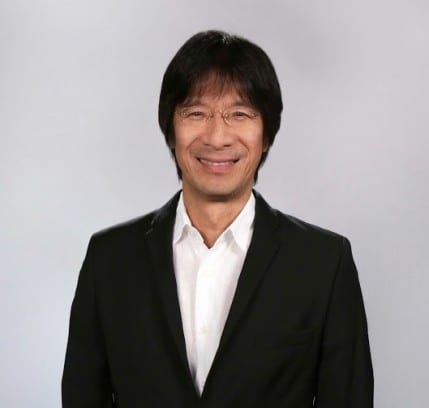
One of the more frequently asked questions by parents who have children starting to help them run their businesses is how to train their children to succeed them. Sometimes, the question even starts with – how do we get our children to want to run the family business?
While this issue on family succession has many facets including personal ones, allow me to offer six suggestions on training “children-of-owner” (or COO) from a business perspective.
First, the goal or goals of training must be clear. Is it for the owner’s children to appreciate the dynamics of the business, is it for them to sit in the board, or is it for them to take over? Different goals will have different methodologies and content. Imagine a pole with two ends, the far left end of simply appreciating the business dynamics entails a program where the COO gets to sit and comment in some meetings and business reviews, while the far right end of taking over the business entails a training program to include the COO being prepared to launch a new initiative or venture within their established organization. This may include the skill of probing for customer’s pain points, while understanding finance should at least be part of the mid point.
Training is not a replacement for a wrong recruit; the COO may not exactly be the best fit for their own companies. Understand that training programs can only do so much, and without passion and curiosity of the COO, it may be better to have a more qualified professional run the business in the meantime. Having children who are not entrepreneurs is not a genetic fault – some may want to pursue other, unrelated fields. So long as they can be good in what they are doing, are happy doing their chosen jobs and can make a difference in society, they should be allowed to pursue their dreams.
It must also be considered that achievement can have consequences. The humble background of a first-generation entrepreneur may have motivated him to long hours of hard work and eventual success. However, a well-provided second-generation might not have the same hunger factor. Still, they can be inspired to think differently.
A way to solve this is to make the training of the COO aspirational, which means that the goal is not just for the COO to take over to preserve the status quo but to shake things up a bit. Remember one of the pain points of a next generation is being compared to the first. If the second generation is not as good, criticism could abound, and yet while some traditions need to be preserved, it need not be traditional. By allowing the COO to try to bring the company to the next level, innovation and breaking from the past becomes the mantra. Start by helping them get used to having regular dialogues with staff, customers, competitor’s customers and noncustomers to understand issues 360 degrees. By allowing them to suggest, list, share and process what to “start doing” and what to “stop doing” after every meeting, enthusiasm of the COO may rise. To ensure a more objective assessment and avoid premature reactions that may affect emotions and relationships between the first and second generations managing the business, the COO can be assigned to an external mentor.
It is important not to focus too much on avoiding mistakes but to emphasize finding new truths, as the latter will allow the COO to keep asking the “why” and “why-not” questions. If avoiding mistakes becomes the norm, standardization will simply occur and variance will not be tolerated. The company will then remain in status quo and stagnate.
Finally, focus should not just be on wealth creation, but how the company can use profit to be a force for good. This way, a higher purpose is considered beyond materialism. More profit will not be a bad word. In the future, advocacy will be more demanded by the consumers. Companies doing good for society will enjoy a positive brand association and an affirmative emotional connection, leading to greater competitive advantage. This higher purpose is something that can bridge generations to work together.
(Thanks to BusinessWorld for featuring this article)


One thought on “6 Suggestions On Training Future Business Leaders by Josiah Go”